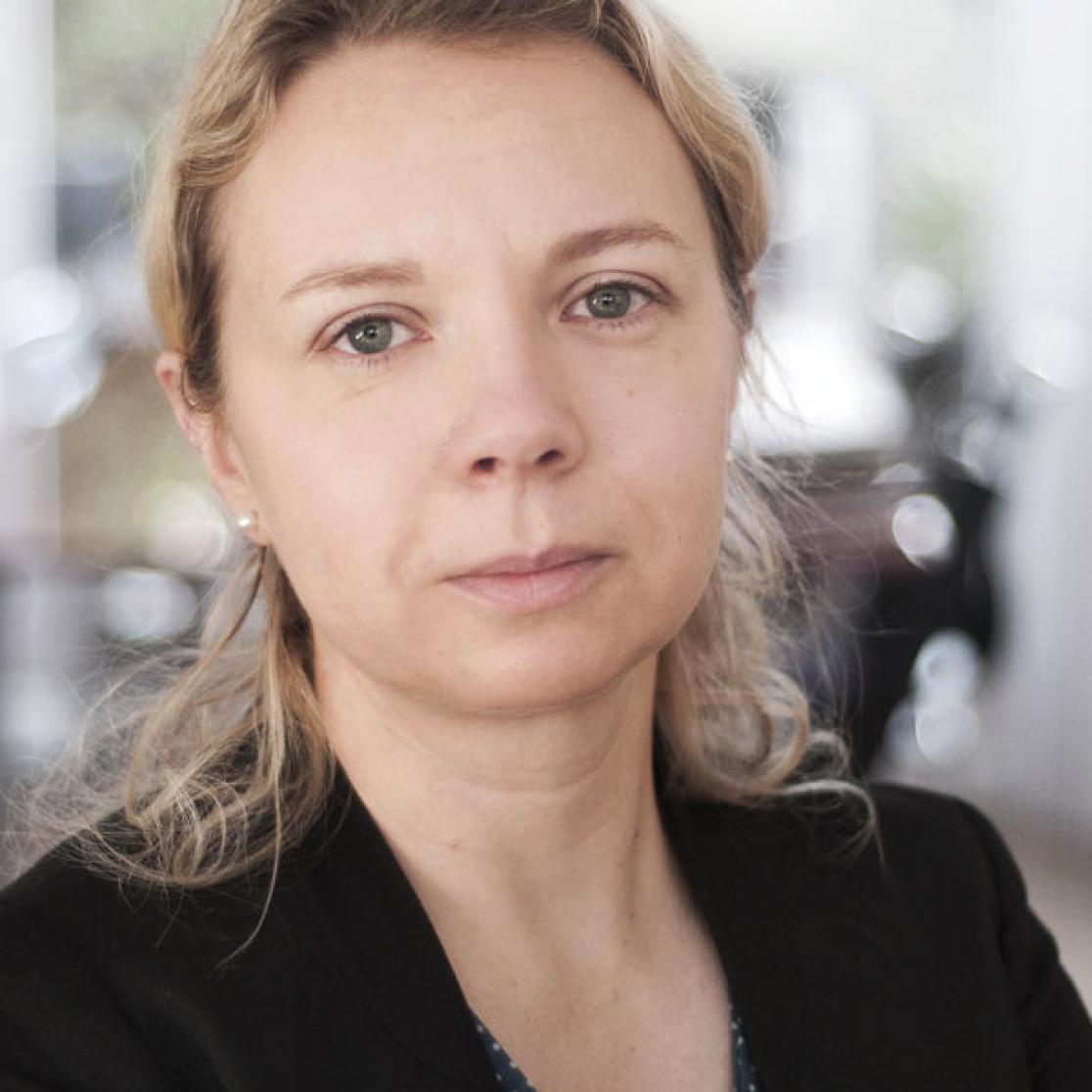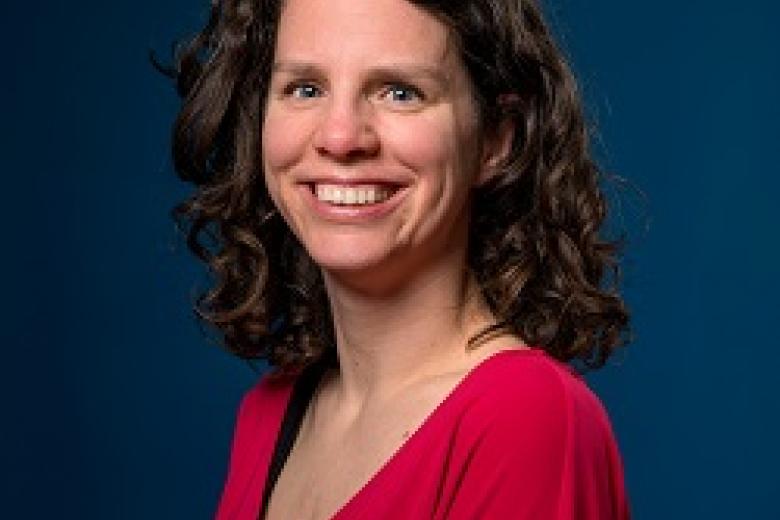Gravitation subsidy for Materials-Driven Regeneration programme
Heart failure, kidney failure and worn intervertebral discs – these are problems that in the future the body will have to be able to remedy itself. So top scientists at TU/e, Maastricht University and Utrecht (UMC Utrecht, Hubrecht Institute and Utrecht University) will be developing intelligent biomaterials that activate and guide the self-repair capacity of the body. Education minister Jet Bussemaker announced on Monday 8 May that their research program, known as Materials-Driven Regeneration (MDR), has been awarded a Gravitation subsidy worth 18.8 million euros. The universities themselves will be investing jointly six million in the program.
Video
Pamela Habibovich explains the research programme L1's 'Avondgasten' (video only available in Dutch).
Orchestrating recovery
The number of people struggling with chronic illnesses is increasing significantly, largely due to ageing. Not only does this cause a lot of human suffering but it also drives up the costs of care. Regenerative medicine holds the promise of really being able to alleviate chronic illnesses. This revolutionary and relatively new branch of science aims to enable to body to repair itself. A group of eminent material scientists, cell biologists, tissue technologists and GPs in the Netherlands are now joining forces to undertake groundbreaking research to make this a reality. Within ten years they want to have developed materials that can stimulate and orchestrate repair in the body, after which they slowly dissolve and disappear from the body.
Molecular machinery
The new materials will have to be able to seamlessly fit the molecular machinery of cells, and adapt when changes occur. High on the wish-list of the researchers is an imitation of the biological extracellular matrix (ECM), a structure that holds the cells together and steers their development towards functional tissue. For different kinds of tissue different variants of such a synthetic matrix are needed.
The scientists want to fathom how new tissue in the body forms in implanted matrices that slowly dissolve. They will be investigating this in the growth of new heart valves, new blood vessels, new kidneys, new bone and cartilage, and intervertebral discs in the human body.
Organ repair
A part of the research program is geared to the repair of complex organs and their working. So not only is functional tissue like heart and kidney tissue needed but also, for instance, blood vessels. To this end the scientists want to develop ‘building blocks’ that can be assembled in the body to form more complex structures. The research also focuses on repairing the heart following heart failure and on creating functional units for the kidney for patients with kidney failure. In addition, the researchers will be examining the complex attachment of the bone to adjacent tissue like cartilage and muscle.
Customization
Since the patients who stand to benefit from this tend to be senior citizens and have other medical problems, the research collective will also try to steer the recovery processes among patients of different ages and with various illnesses. The aim is to be able to customize therapies to individual patients and their specific situations.
Huge impact
According to TU/e-professor and program coordinator Carlijn Bouten, the potential impact of the MDR program is huge. “We will be undertaking long-term and high-level fundamental research of biomaterials that will enable us in the future to treat chronic illnesses that cannot yet be cured. We expect our work to eventually save many people from the process of long-term illness. And save society the costs that would otherwise have gone into long-term care.”
The best Dutch scientists
Materials-Driven Regeneration will be led by six top-notch scientists, all with considerable experience in leading pioneering research projects. TU/e professor Carlijn Bouten (cardiovascular regeneration) is coordinating the program that connects the best scientists in the Netherlands in the fields of material science (Bert Meijer, ICMS, TU/e), cell biology (Hans Clevers, Hubrecht Institute), tissue engineering (Clemens van Blitterswijk, Maastricht University), nephrology and vascular biology (Marianne Verhaar, UMC Utrecht) and biomaterials (Pamela Habibovic, Maastricht University).
Next generation of scientists
Apart from gaining fundamental scientific knowledge, the program also aims to train the next generation of scientists in the field of regenerative medicine, Bouten explains. “Dutch research in this field is unique, and world-leading, and it’s a position we want to reinforce.” Another important objective is for the findings of the program to ultimately be brought to market by companies so that patients, society and the economy can benefit.
Carlijn Bouten leads research into new biomaterials that will help the body to repair itself after heart failure, kidney failure and worn intervertebral discs.

Pamela Habibovic
Also read
-
PhD research shows impact of aggression on staff and patients in forensic care
Nienke Verstegen, researcher at De Forensische Zorgspecialisten, has conducted research on aggression within forensic care and its impact on patients and staff. On July 6, 2023, she will receive her PhD from Maastricht University with her dissertation 'Hurt people hurt people. Characteristics and...

-
No evidence of brain damage caused by severe COVID-19
Patients admitted to hospital due to a severe COVID-19 infection exhibit no evidence of brain damage caused by the disease. This is the conclusion of an extensive study led by Maastricht University.

-
Cold shivers?
Due to the Western lifestyle with a high fat diet combined with little exercise, more and more people in the Netherlands are overweight or even obese. This causes an increased risk of type II diabetes. What can be done about this besides a healthier lifestyle? The answer comes from an unexpected...
